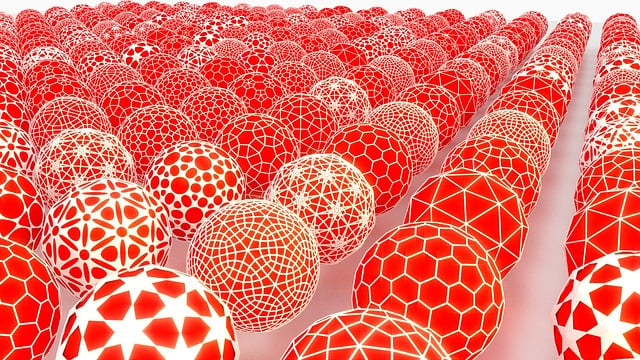Muscle soreness after exercise, marked by Deltoid pain (DOMS), is alleviated through various means, including kratom and caffeine supplements. While caffeine offers quick energy and minimal pain relief, kratom acts as a natural analgesic with deeper relaxation effects, lasting longer. With its unique properties, kratom emerges as an attractive option for chronic pain management compared to traditional stimulants like caffeine, especially among athletes and fitness enthusiasts seeking non-addictive recovery solutions. (kratom vs caffeine)
Muscle soreness can disrupt your daily routine and limit physical activity. Understanding its causes, from exercise stress to inflammation, is crucial for effective relief. This article delves into natural remedies, focusing on kratom supplements as an alternative to caffeine. We explore how kratom interacts with the body’s opioid receptors to potentially alleviate muscle pain. By comparing kratom vs. caffeine, we uncover strategies to enhance recovery and provide a comprehensive guide for athletes and fitness enthusiasts seeking relief from exercise-induced soreness.
- Understanding Muscle Soreness and Its Causes
- Kratom vs Caffeine: Exploring Natural Relief Options
- Effective Strategies for Relieving Muscle Soreness with Kratom Supplements
Understanding Muscle Soreness and Its Causes

Muscle soreness, often referred to as Deltoid muscle pain or DOMS (Delayed Onset Muscle Soreness), is a common issue experienced by folks who engage in physical activities, especially resistance training or intense workouts. It typically arises 24-72 hours after exercise and can last for several days, causing discomfort, reduced range of motion, and fatigue. Understanding the causes behind muscle soreness is key to implementing effective relief strategies.
There are various factors contributing to this condition. One primary cause is microtears in muscle fibers during strenuous exercises. These tears lead to inflammation and subsequent pain response from the body. Additionally, lactic acid buildup in muscles can intensify the soreness sensation. When comparing kratom supplements to caffeine as remedies for muscle soreness, research suggests that kratom offers a more comprehensive approach. Unlike caffeine, which primarily provides a temporary energy boost, kratom’s unique alkaloid compounds interact with opioid receptors, potentially reducing pain and inflammation more effectively.
Kratom vs Caffeine: Exploring Natural Relief Options

Kratom and caffeine are both popular choices for consumers seeking natural remedies to alleviate muscle soreness, but they offer distinct experiences. While caffeine is a well-known stimulant known for its quick energy boost and ability to ease minor aches and pains, kratom has gained attention for its unique pain-relieving properties.
Kratom, derived from the leaves of the Mitragyna speciosa plant, acts as a natural analgesic, providing deeper muscle relaxation compared to caffeine. Unlike caffeine’s short-lived effects, kratom offers prolonged relief, making it a compelling alternative for those looking for longer-lasting comfort from muscle soreness. This shift towards natural supplements has sparked interest in exploring kratom as a viable option for managing chronic pain and discomfort without the side effects often associated with over-the-counter medications.
Effective Strategies for Relieving Muscle Soreness with Kratom Supplements

Kratom supplements have gained popularity as an alternative solution for muscle soreness relief, offering a potential advantage over traditional stimulants like caffeine. Unlike caffeine, which can provide a quick boost but often leads to a crash, kratom has been known for its calming and pain-relieving effects without the jittery side effects. This makes it an appealing option for those seeking long-term relief from muscle aches and fatigue.
When considering kratom for muscle soreness, users often praise its ability to enhance well-being and comfort. The plant’s active compounds interact with opioid receptors in the body, potentially reducing inflammation and blocking pain signals. As a result, individuals report experiencing reduced muscle stiffness and improved mobility after consistent use. Moreover, kratom’s natural energy boost can aid in post-workout recovery, making it an excellent choice for athletes and fitness enthusiasts looking to minimize discomfort without resorting to addictive painkillers.
Kratom supplements offer a promising natural alternative to alleviate muscle soreness, especially when compared to traditional options like caffeine. By understanding the root causes of muscle discomfort, individuals can effectively utilize kratom’s analgesic and anti-inflammatory properties for relief. This holistic approach, contrasting the stimulating effects of caffeine, provides a more balanced strategy for managing post-exercise muscle soreness, allowing users to recover and perform better in their physical activities.














